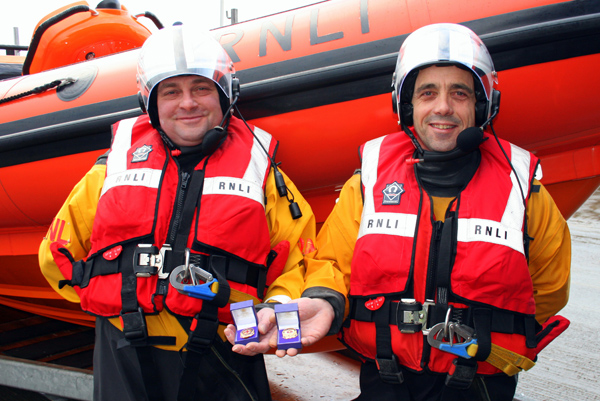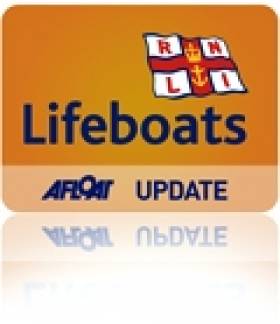Displaying items by tag: Bango
Whale Gets Third 'Best Company to Work For' Accolade
#BUSINESS - Water systems firm Whale has featured in The Sunday Times' Best Small Companies to Work For list for the third year running.
The 2012 edition of the list sees the Bangor-based company - and the only Northern Irish representative - rise 19 places to number 77.
Whale was particularly commended for looking after the wellbeing of its staff, its overall ranking of eighth place reflecting the faith in managing director Patrick Hurst and the employees trust in the “sound capabilities” of the leadership.
Patrick Hurst commented: “To be listed again in 2012 is just fantastic for all the team at Whale. Our employees and their attitude and loyalty is what defines the business and is core to its continued commercial success.
"The Whale team in the are a credit to the company and themselves. They have all worked hard together to continually maintain the quality and introduce innovative, market leading products."
Whale (Munster Simms Engineering Limited) is a key player in the leisure marine, recreational vehicle, shower drainage and industrial markets. The company specialises in the design and manufacture of water, waste and heating products including manual and electric freshwater, bilge and waste pumps, Quick Connect plumbing systems, faucets, showers, space and water heaters, and accessories.
Bangor Helmsmen Awarded Medals for Twenty Years Service
Recently two well known and respected volunteer Bangor Lifeboat helmsmen were awarded medals in recognition for their many years of devoted service to the Royal National Lifeboat Institution.
Ewan Scott and Tommy Burns have been awarded Long Service medals at recent RNLI ceremonies. During their 20 years of dedicated service, RNLI Bangor Lifeboat has undertaken a total of 845 rescues at sea resulting in the saving of 98 lives.
Both Ewan and Tommy are of one mind and agree that over the years there have been many improvements to the lifeboats, the equipment and training all of which has greatly enhanced the RNLI's ability to save life at sea.
Even after over 20 years of service Ewan and Tommy continue to freely give of their time and effort. They are considered by all to be the most experienced helmsmen at Bangor station and are actively involved in the training of crew and other volunteers.
Bangor's Lifeboat Operations Manager Kevin Byers paid tribute to Ewan and Tommy when he said 'Without the huge commitment and dedication of volunteers like Ewan and Tommy, the RNLI would be unable to carry out the increasingly demanding task of saving lives at sea.' Kevin went on to say 'I am delighted that Ewan and Tommy have been presented with these awards, they deserve a big thank you for all they have done for Bangor Lifeboat over the past 20 years.'

Related Safety posts
RNLI Lifeboats in Ireland
Safety News
Rescue News from RNLI Lifeboats in Ireland
Coast Guard News from Ireland
Water Safety News from Ireland
Marine Casualty Investigation Board News
Marine Warnings

























































